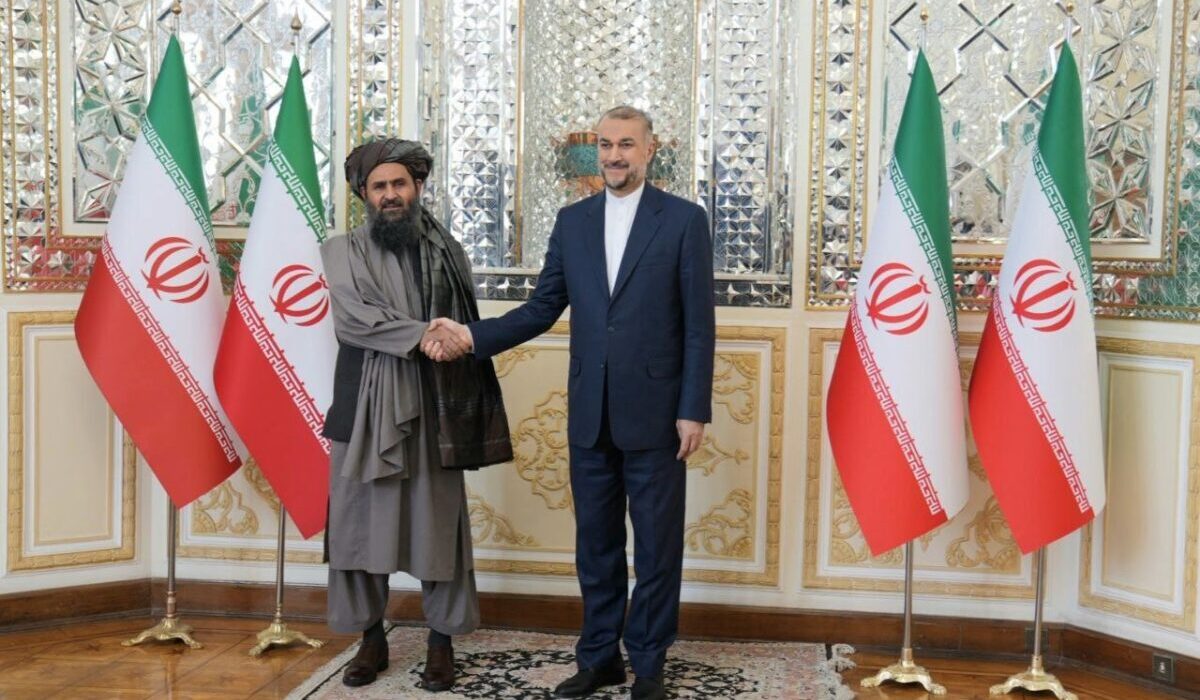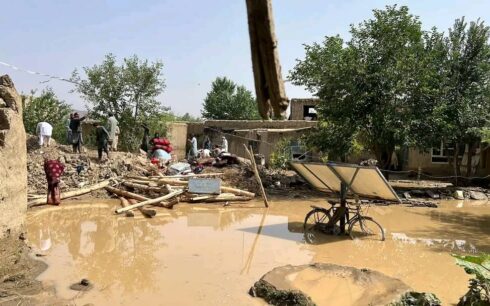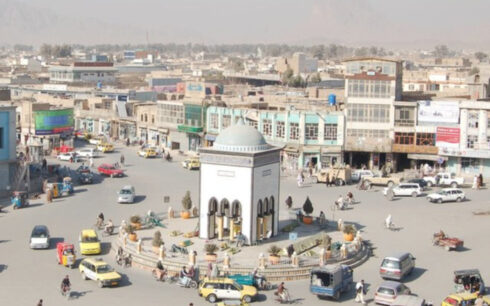Abdul Ghani Baradar, the Taliban’s deputy chief minister for economic affairs, held discussions with Iranian Foreign Minister Amir Hossein Abdollahian on Sunday afternoon, addressing a range of political, economic, educational, and cultural issues.
Subsequent to the meeting of these two officials, the first session of the Joint Economic and Trade Commission of Iran and Afghanistan convened.
During this meeting, joint economic and trade groups were established, tasked with reviewing and scrutinizing agreements and memoranda between the two nations.
“In this gathering, it was decided to form joint working groups in areas such as trade, transit, customs, transportation, environment, and several other domains to address the challenges and issues impeding the growth of trade relations between the two countries,” noted Mohammad Mahdi Jawanmard Qasab, the economic advisor to the Iranian President’s Special Representative for Afghanistan Affairs.
Economic experts have noted that the expansion of economic ties between Iran and Afghanistan has the potential to drive economic growth in both nations.
“The expansion of these relationships benefits both countries, particularly the Islamic Republic of Iran, which has effectively managed crises stemming from international sanctions. Iran has also made significant strides in establishing heavy, medium, and light industries and has utilized international transit routes,” remarked Azarakhsh Hafizi, an Economic Analyst.
The visits by Taliban officials to neighboring and regional nations have raised questions regarding the objectives and aims of the Taliban.
“They (the Taliban) advocate for their interests during their trips, primarily striving for personal gains,” stated Aziz Maarij, a Political Affairs Analyst.
The issue of Afghan migrants detained and expelled by the Iranian government in recent months remains unresolved and continues to be a matter of significant concern.
“One of the pressing issues revolves around immigrants, specifically the deportation of Afghan refugees in Iran, as well as the harassment and violence faced by immigrants within Iran. These are substantial concerns that can be addressed during negotiations,” remarked Mohammad Sarwar Jafari, a civil society activist.
The relationship between the Taliban and Iran has experienced fluctuations over the past two years. While water resource-related challenges have introduced certain impediments to Iran-Taliban relations, diplomatic channels between the two entities continue to persist. Iran has consistently underscored the significance of an inclusive government in Afghanistan, a demand that has yet to be fully met by the Taliban.





